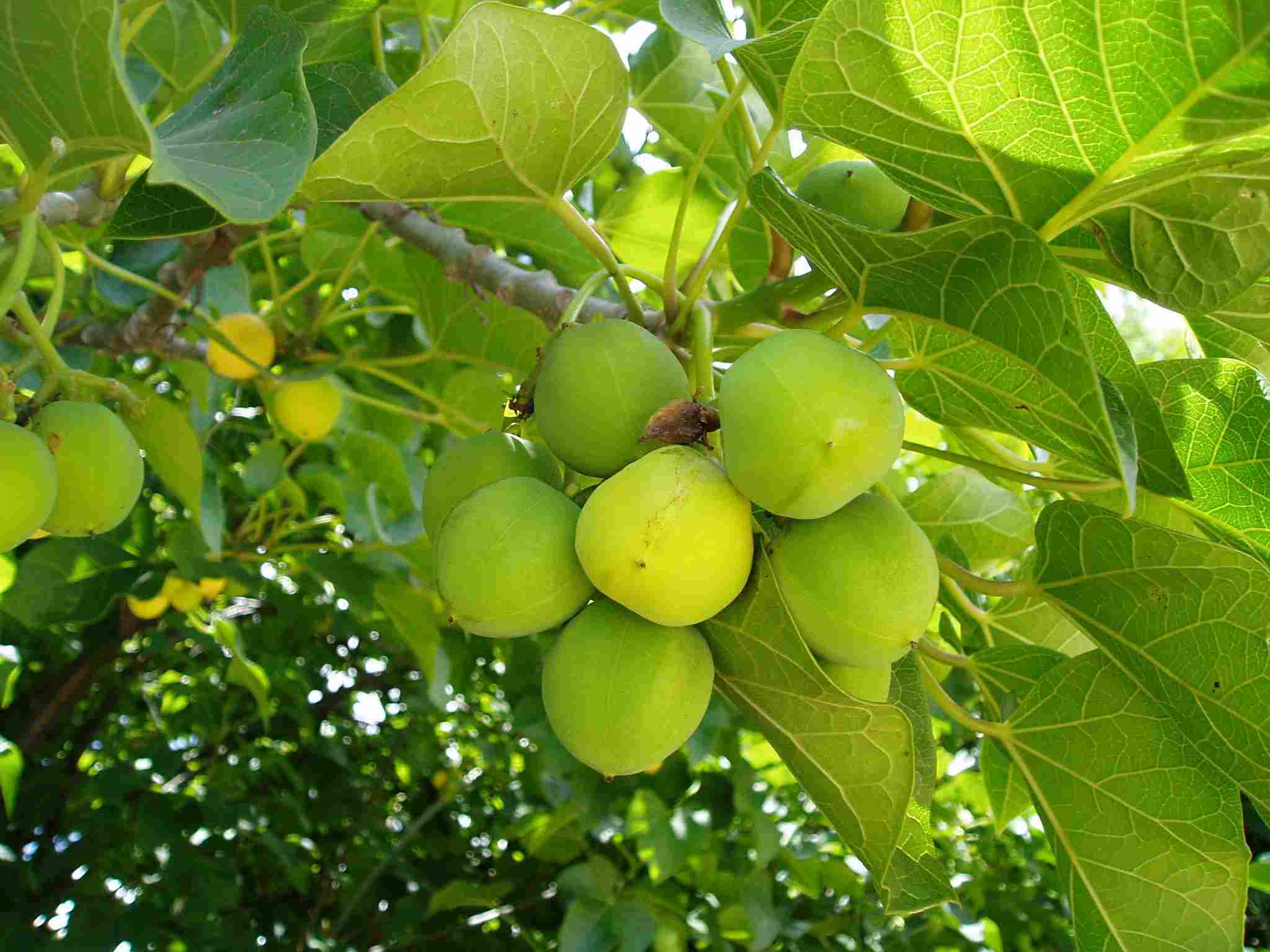Desert 'carbon Farming' To Curb CO2
페이지 정보

본문
Desert 'carbon farming' to curb CO2
1 August 2013
Share
close panel
Share page
Copy link
About sharing

By Matt McGrath
Environment correspondent, BBC News
Scientists say that planting large numbers of jatropha trees in desert areas might be an efficient way of curbing emissions of CO2.
Dubbed "carbon farming", researchers say the idea is financially competitive with state-of-the-art carbon capture and storage jobs.
But critics say the idea could be have unanticipated, unfavorable impacts consisting of increasing food rates.
The research has been published, external in the journal Earth System Dynamics.
Seeds of modification
Jatropha curcas is a plant that originated in Central America and is effectively adapted to severe conditions consisting of extremely arid deserts.
It is already grown as a biofuel, external in some parts of the world because its seeds can produce oil.
In this study, German researchers showed that one hectare of jatropha might record up to 25 tonnes of co2 from the environment every year. The researchers based their estimates on trees currently growing in trial plots in Egypt and in the Negev desert.
"The outcomes are overwhelming," said Prof Klaus Becker, from the University of Hohenheim in Stuttgart.
"There was good growth, a good action from these plants. I feel there will be no issue attempting it on a much larger scale, for instance 10 thousand hectares in the start," he stated.
According to the scientists a plantation that would cover three percent of the Arabian desert would take in all the CO2 produced by automobiles and trucks in over a 20 year period.
The scientists say that an important element of the strategy would be the schedule of desalination facilities. This indicates that at first, any plantations would be confined to coastal areas.
They are wishing to establish bigger trials in desert areas of Oman or Qatar. Prof Becker says that unlike other schemes that just offset the carbon that individuals produce, the planting of jatropha might be a great, short-term service to climate modification.
"I think it is a good concept because we are really drawing out carbon dioxide from the atmosphere - and it is entirely different between drawing out and preventing."
According to the researcher's calculations the costs of suppressing carbon dioxide by means of the planting of trees would be in between 42 and 63 euros per tonne. This makes it competitive with other strategies, such as the more high tech carbon capture and storage, external (CCS).
A variety of countries are currently trialling this innovation, external however it has yet to be released commercially.
Growing jatropha not just soaks up CO2 however has other advantages. The plants would help to make desert areas more habitable, and the plant's seeds can be harvested for biofuel state the scientists, supplying an economic return.
"Jatropha is perfect to be become biokerosene - it is even better than biodiesel," said Prof Becker.
But other specialists in this location are not convinced. They indicate the truth that in 2007 and 2008 big numbers of jatropha trees were planted for biofuel, specifically in Africa. But many of these endeavors ended in tears,, external as the plants were not really successful in dealing with dry conditions.
Lucy Hurn is the biofuels campaign supervisor for the charity, Actionaid. She states that while jatropha was once viewed as the terrific, green hope the truth was really various.
"When jatropha was presented it was seen as a miracle crop, it would grow on scrubland or marginal land," she stated.
"But there are often people who require minimal land to graze their animals, they are getting food from that area - we wouldn't class the land as limited."
She explained that jatropha is extremely toxic and can pollute the land it is grown on, even in a desert. And she likewise had concerns about the fairness of the idea.
"It is still someone else's land. Why enter and grow these massive plantations to deal with a problem these individuals didn't actually trigger?"
Follow Matt on Twitter, external.
'Carpets of seaweed' grown for fuel. Video, 00:03:05'Carpets of seaweed' grown for fuel
1 July 2013
Biofuels are 'unreasonable method'
Published
15 April 2013
Related internet links
Universität Hohenheim
European Geosciences Union
The BBC is not responsible for the material of external websites.

- 이전글Exploring Event Staff Night Jobs: Opportunities, Skills, and Insights 25.01.12
- 다음글비아그라 사탕-비아그라휴유증-【pom5.kr】-발기 원인 25.01.12
댓글목록
등록된 댓글이 없습니다.

